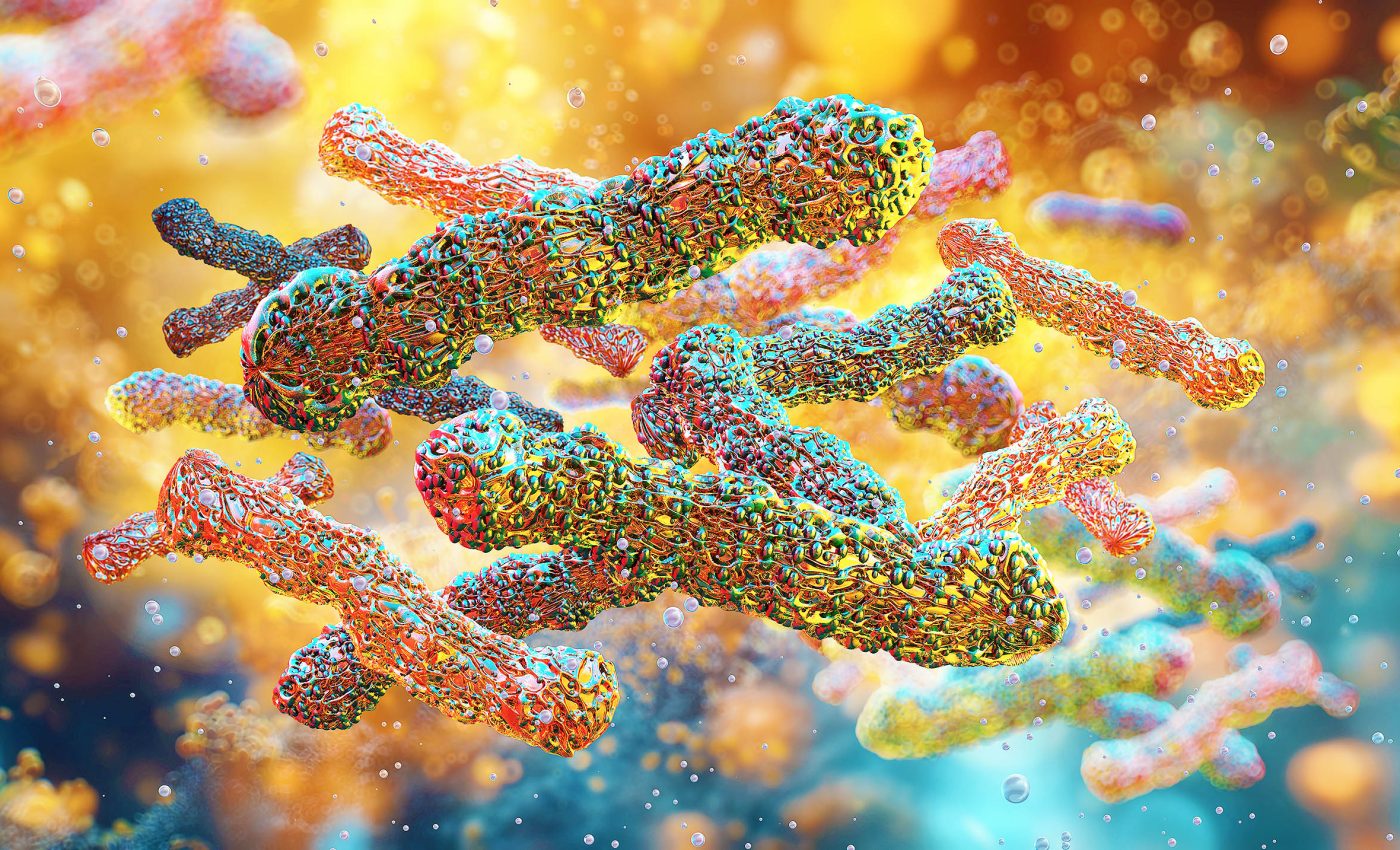
Microbes essential for human health survive space extremes in crucial Mars mission test
Space is tough, but so are the tiny microbes that inhabit human bodies. According to a new study, some of these microbes that are crucial to human health, like Bacillus subtilis, are proving to be strong enough to make it to Mars and back.
For years, space agencies have been planning long-term human missions to the Red Planet, but sending people to Mars isn’t just about rockets and fuel.
The real challenge? Keeping humans healthy during the years-long journey, then beyond as Mars colonists. That means bringing along some of the essential bacteria we rely on to stay alive.
Now, scientists have found that at least one important microbe can survive the intense forces of rocket launch, atmospheric reentry, and the cold vacuum of space.
Bacillus subtilis in space
The microbe in question for this test was Bacillus subtilis. This bacterium aids digestion, strengthens the immune system, and maintains blood flow, keeping our bodies in excellent condition.
To learn just how strong it actually is, scientists launched spores of Bacillus subtilis on a rocket flight designed to simulate the harsh realities of space travel.
They were curious if this useful microbe could survive the extreme conditions that an actual Mars mission would dish out.
The rocket blasted off and hit about 13g: 13 times the force of Earth’s gravity. It climbed to around 160 miles above the surface, then entered a stretch of weightlessness that lasted just over six minutes.
On the return, the payload took a beating, slamming into 30g of deceleration while spinning roughly 220 times per second.
After landing back safely on Earth, researchers checked on the bacteria. Not only were they fine, they were thriving – no visible damage, no change in growth, as if nothing happened.
Humans and Bacillus subtilis
Even though humans have lived on the International Space Station for decades, they’ve always had Earth within reach. A mission to Mars would mean total isolation for over a year.
While in space, astronauts will need functioning guts, strong immune systems, and balanced internal ecosystems. And they’ll need the bacteria that help make all that happen.
Bacillus subtilis is known for being hardier than most microbes. That’s exactly why researchers chose it. If this microbe couldn’t survive launch and re-entry, more fragile microbes wouldn’t stand a chance.
“Our research showed an important type of bacteria for our health can withstand rapid gravity changes, acceleration, and deacceleration,” explained study co-author Distinguished Professor Elena Ivanova from RMIT University.
“The results broadened our understanding of the effects of long-term spaceflight on microorganisms that live in our bodies and keep us healthy,” Ivanova continued.
“This means we can design better life support systems for astronauts to keep them healthy during long missions.”
This is believed to be the first real-world test of bacteria like this under actual launch and spaceflight conditions. It’s a big step beyond lab simulations.
Benefits extend beyond space
Scientists say the benefits of this research might go beyond helping astronauts. Researchers and pharmaceutical companies can also use this data to conduct innovative life science experiments in microgravity.
“Potential applications of this research extend far beyond space exploration,” Ivanova said. “They include developing new antibacterial treatments and enhancing our ability to combat antibiotic-resistant bacteria.”
Microbes like Bacillus subtilis are used in many ways on Earth, from food production to medicine.
Understanding how they survive under pressure (literally) could lead to new tools for fighting disease in places where bacteria usually can’t survive.
It takes a village to validate studies
The study was led by experts at RMIT University in Australia, working with the space tech company ResearchSat and the drug delivery company Numedico Technologies.
The mission took place in Sweden, using a rocket launched by the Swedish Space Corporation.
The bacteria samples were sent all the way from Melbourne and placed in custom 3D-printed holders designed to survive the journey.
Back at RMIT, scientists used high-powered microscopes and analysis tools to check the microbes after the flight.
The team now hopes to do more research on other types of bacteria, including microbes that are more sensitive, and test how they behave in space.
Big mission for tiny Bacillus subtilis
Associate Professor Gail Iles, a co-author on the study, says the findings have clear implications for human spaceflight.
The work, she notes, “enhances our understanding of how life can endure harsh conditions,” offering insights for missions to Mars and beyond.
By showing that key microbes can withstand high acceleration, near-weightlessness, and rapid deceleration, teams can better protect astronaut health and design more sustainable life-support systems.
“Microbes play essential roles in sustaining human health and environmental sustainability,” Iles adds, making them central to any long-duration mission.
The same resilience matters for astrobiology: broader knowledge of how microbes survive extreme environments could expand the search for life.
As Iles puts it, it could “guide the development of more effective life-detection missions,” helping identify organisms that might thrive in places once considered uninhabitable.
For now, it’s clear that microbes like B. subtilis are tougher than we might have guessed, and that’s very good news for anyone planning to live in space.
The full study was published in the journal npj Microgravity.
—–
Like what you read? Subscribe to our newsletter for engaging articles, exclusive content, and the latest updates.
Check us out on EarthSnap, a free app brought to you by Eric Ralls and Earth.com.
—–













